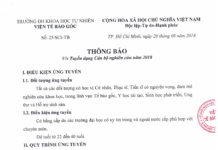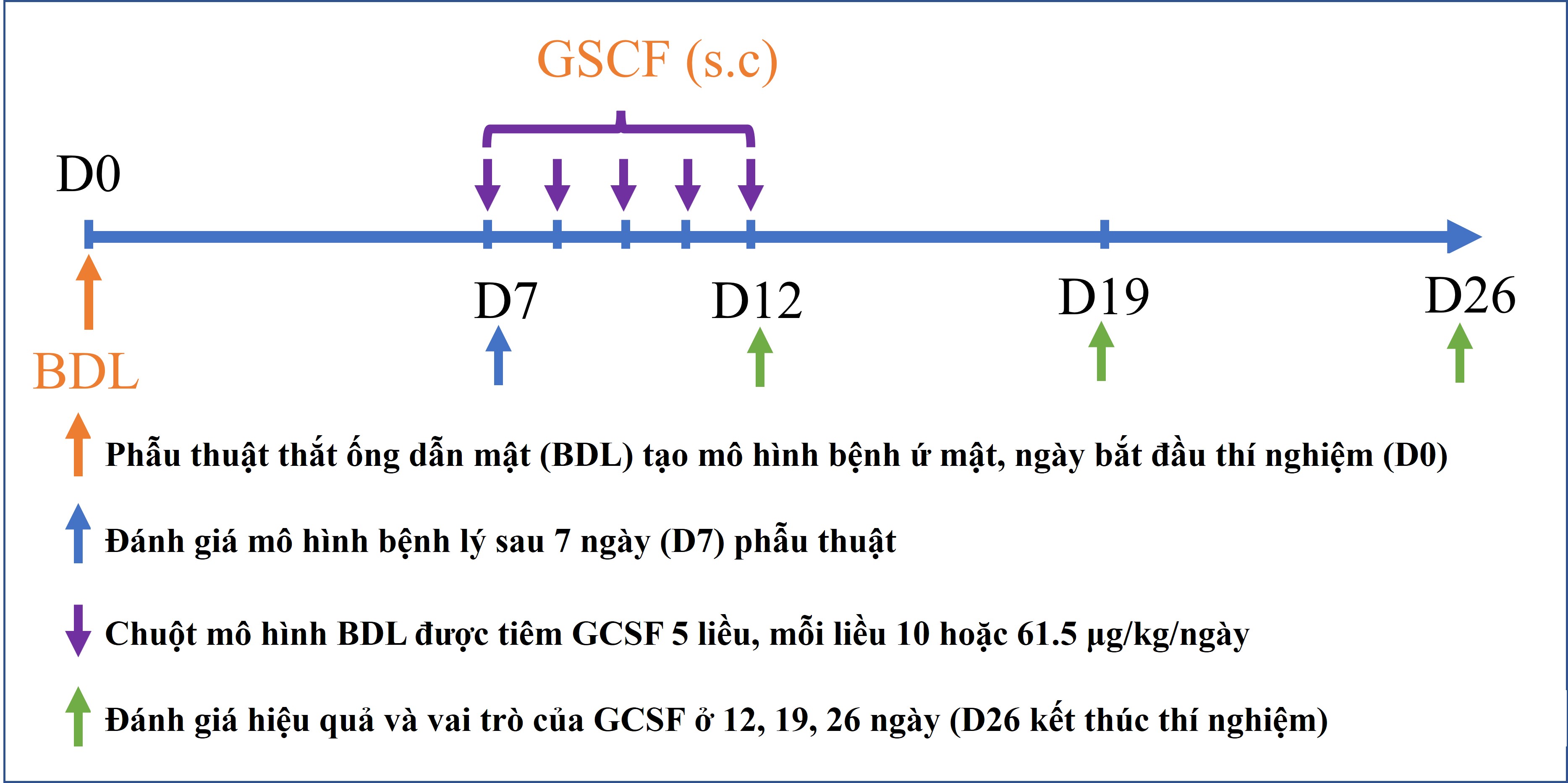Preliminary evaluation of treatment efficacy of umbilical cord blood-derived mesenchymal stem cell-differentiated cardiac progenitor cells in a myocardial injury mouse model
Truc Le-Buu Pham, Tam Thanh Nguyen, Anh Thi-Van Bui, Ho Thanh Pham, Ngoc Kim Phan, My Thi-Thu Nguyen, Phuc Van Pham
Abstract
Recently, stem cell therapy has been investigated as a strategy to prevent or reverse damage to heart tissue. Although the results of cell transplantation in animal models and patients with myocardial ischemia are promising, the selection of the appropriate cell type remains an issue that requires consideration. In this study, we aimed to evaluate the effect of cardiac progenitor cell transplantation in a mouse model of myocardial ischemia. The cardiac progenitor cells used for transplantation were differentiated from umbilical cord blood mesenchymal stem cells. Animal models injected with phosphate-buffered saline (PBS) and healthy mice were used as controls. Cell grafting was assessed by changes in blood pressure and histological evaluation. After 14 days of transplantation, the results demonstrated that the blood pressure of transplanted mice was stable, similar to healthy mice, whereas it fluctuated in PBS-injected mice. Histological analysis showed that heart tissue had regenerated in transplanted mice, but remained damaged in PBS-injected mice. Furthermore, trichrome staining revealed that the transplanted mice did not generate significant amount of scar tissue compared with PBS-injected control mice. In addition, the cardiac progenitor cells managed to survive and integrate with local cells in cell-injected heart tissue 14 days after transplantation. Most importantly, the transplanted cells did not exhibit tumorigenesis. In conclusion, cardiac progenitor cell transplantation produced a positive effect in a mouse model of myocardial ischemia.




